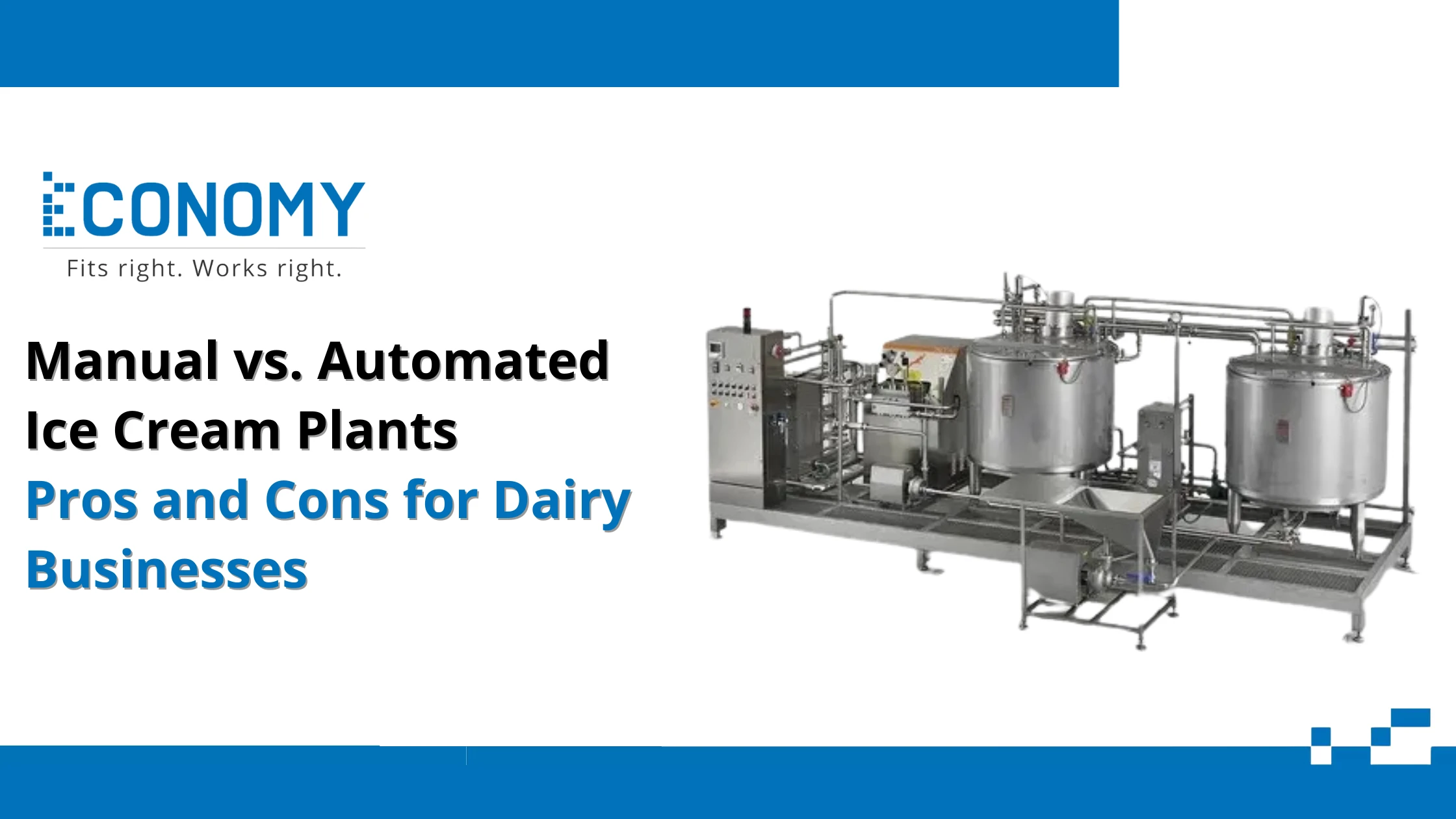- They guarantee the utmost hygiene, reliability, practicality in use, safety and durability. The fermentation temperature is controlled by means of special hollow spaces in the cylinder of the tank through which a low-temperature glycol solution circulates.
- Pockets for the circulation of a refrigerant or heating fluid can also be installed on the cylinder or on the bottom of the tank to control the temperature of its contents. Available in various models, these tanks are made entirely of AISI 304 or 306 stainless steel.
- Tank Top Plate having safety fittings includes the vacuum relief valve, pressure relief valve, bunging device and sample valves for yeast vessels
- Fermentation tanks, also known as fermentation containers, are used to hold wort and ferment it into beer.
- Beer
Request for Product Specifications















